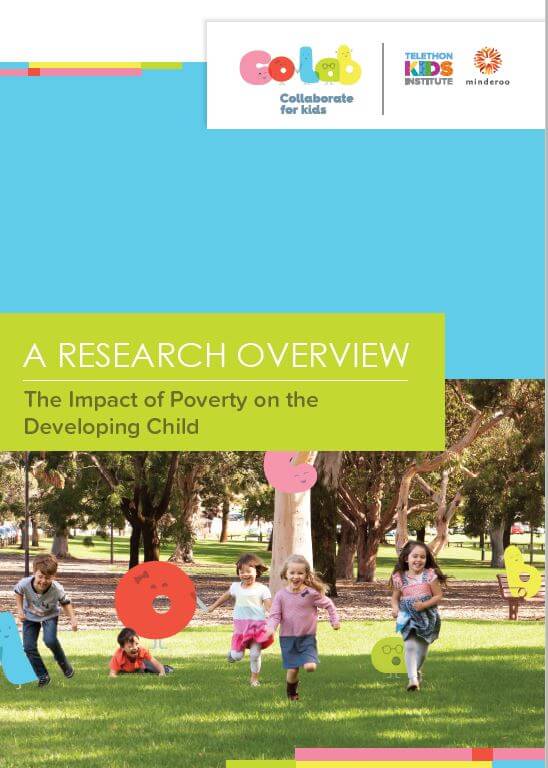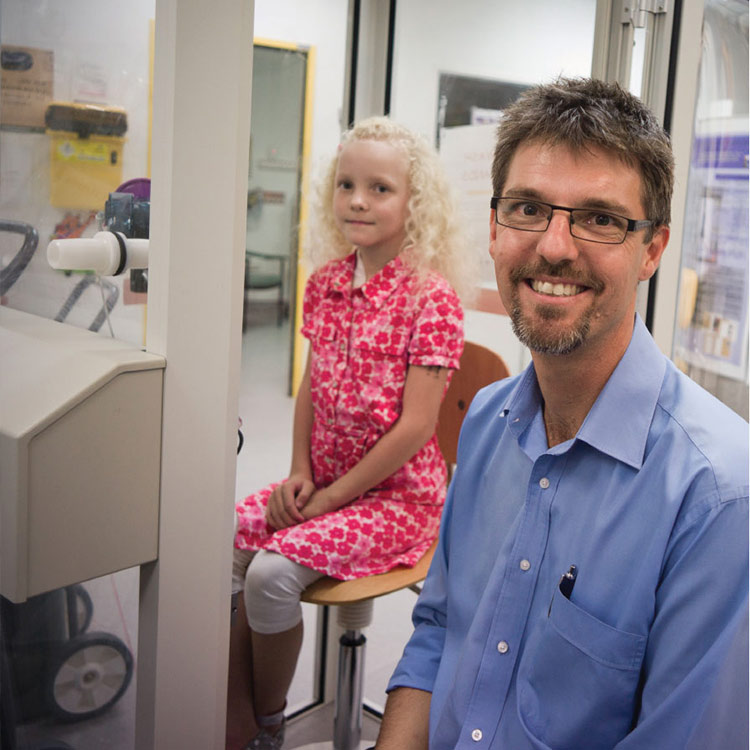Search
Showing results for "early life"
Research
Prevention of Mental Health Difficulties for Children Aged 0–3 Years: A ReviewThe period of infancy and early childhood is a critical time for interventions to prevent future mental health problems. The first signs of mental health difficulties can be manifest in infancy, emphasizing the importance of understanding and identifying both protective and risk factors in pregnancy and the early postnatal period.
Research
Neonatal immune function and inflammatory illnesses in later life: lessons to be learnt from the developing world?With the emergence of allergic and autoimmune diseases in populations that have started to transit to a western lifestyle, there has been an increasing...
Research
Circulating Epithelial Cell Cytokines Are Associated With Early-Onset Atopic DermatitisDebbie Susan Palmer Prescott BSc BND PhD MBBS BMedSci PhD FRACP Head, Nutrition in Early Life Honorary Research Fellow debbie.palmer@uwa.edu.au

Developmental Origins of Health and Disease

Research
Circulating Epithelial Cell Cytokines Are Associated With Early-Onset Atopic DermatitisDebbie Susan Palmer Prescott BSc BND PhD MBBS BMedSci PhD FRACP Head, Nutrition in Early Life Honorary Research Fellow debbie.palmer@uwa.edu.au

Early childhood is increasingly recognised as a critical time for the development of executive function.
Research
The effects of maternal smoking on early mucosal immunity and sensitization at 12 months of ageIn this study, we examined the effects of maternal smoking as a major adverse exposure in early life, on mucosal immune function and allergen sensitization...

Life expectancy was in the 20s for children born with cystic fibrosis 30 years ago, today it is in the 30s. Professor Graham Hall is leading this research.
Research
Developing primary intervention strategies to prevent allergic diseaseAllergic diseases are a major cause of morbidity in the developed world, now affecting up to 40 % of the population with no evidence that this is abating.
